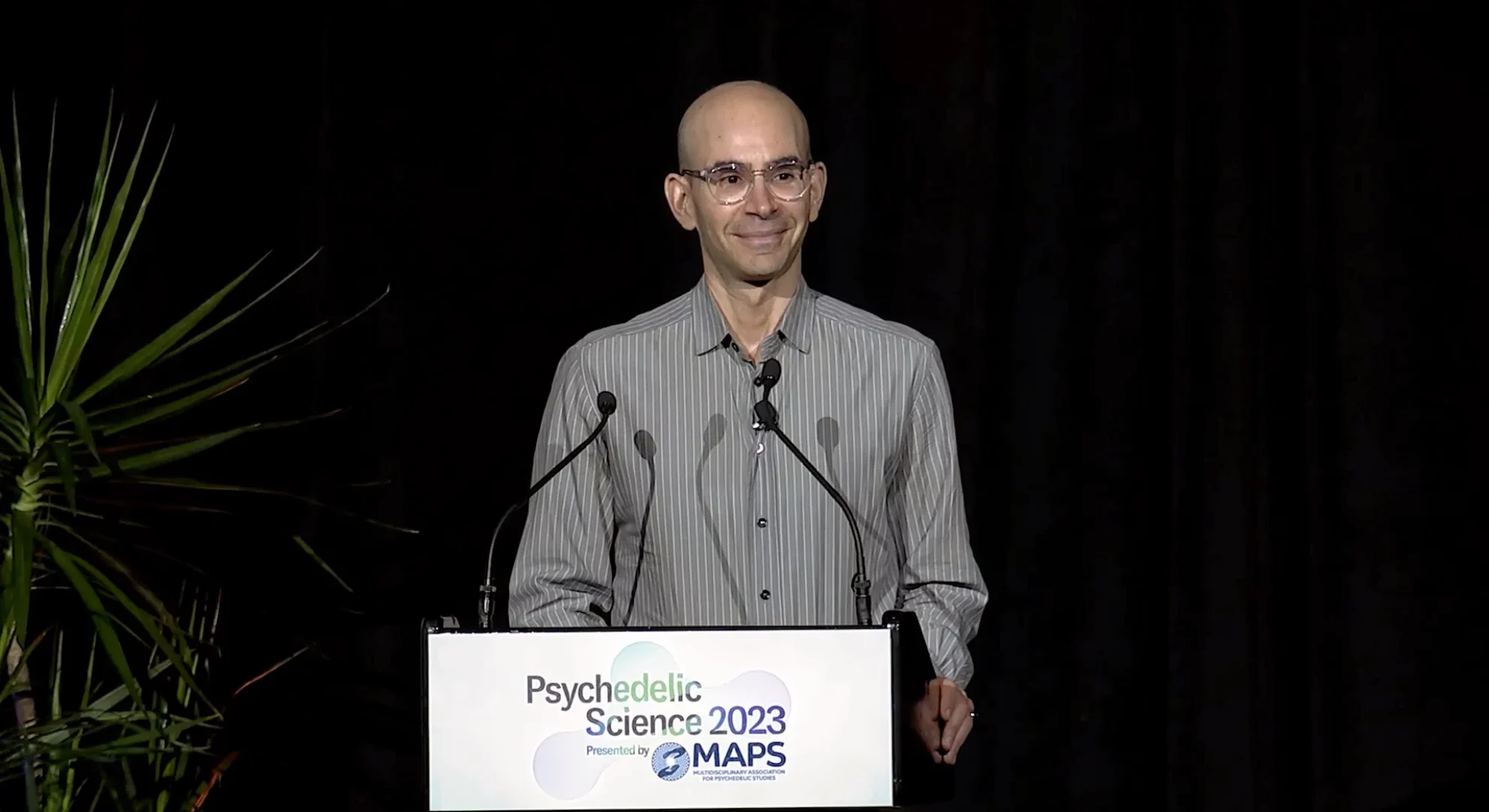
The Mirror Molecule: How can ketamine and other substances be both addictive and anti-addictive?
Ketamine, and similar psychoactive compounds such as psilocybin, have shown promise for various health conditions. But they are also associated with tremendous risks, including consistent problematic use (“addiction”). The popular wisdom is that “drugs are a tool": neutral, non-agential objects-in-the-world lending themselves to whatever use, responsible or irresponsible, they might be put. This talk examines the inadequacy of this utility-based definition of psychoactive substances, and outlines the potential for harm emerging from an amoral, functionalist perspective on them, examining in particular the case of ketamine, which like other substances in this class has shown benefits for addiction and, at the same time, might contribute to it. Data and case studies will be shared to suggest a new framework by which to understand these substances, more attentive to their complexity, power, and distinct ontological status.
Share: The Mirror Molecule: How can ketamine and other substances be both addictive and anti-addictive?
Facebook
Twitter
LinkedIn
Email




